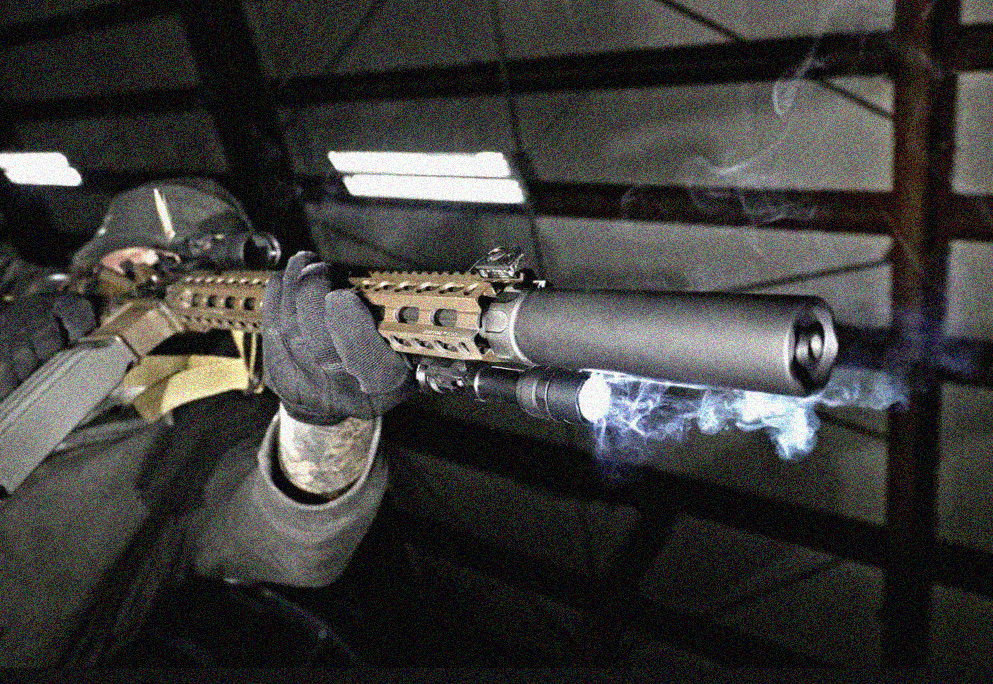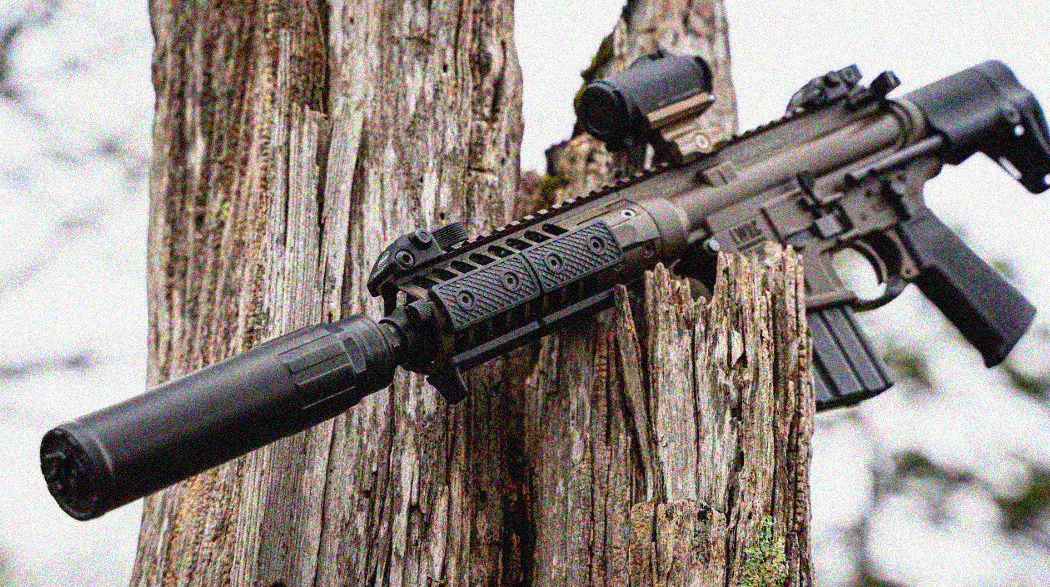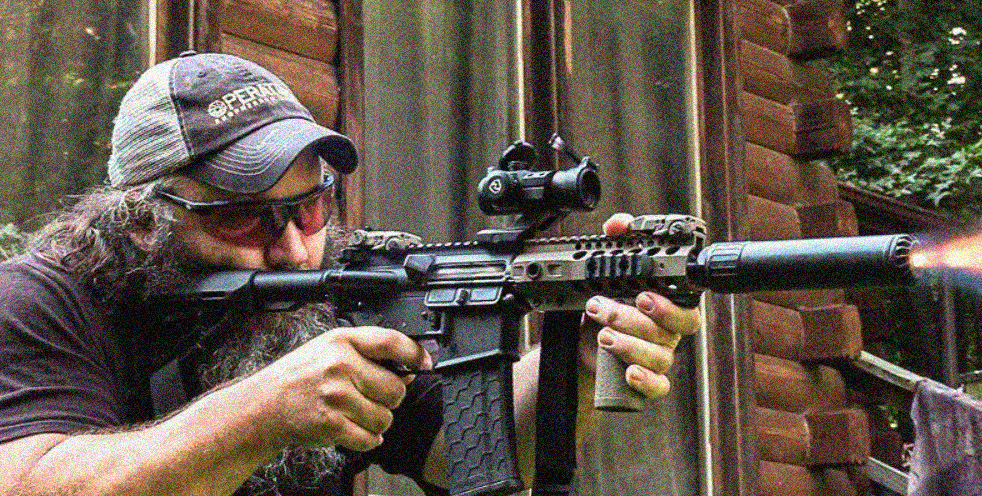There is a lot of information out there on the internet about suppressors and their effects on velocity. Unfortunately, much of it is inaccurate or misleading.
So let’s start with the basics: what is a suppressor, and what does it do?
A suppressor, also known as a silencer, is a device that attaches to the barrel of a gun to reduce the amount of noise it makes when fired. It does not actually “suppress” the sound; rather, it slows down and muffles the noise. This is done by trapping the expanding gasses created by the bullet firing and redirecting them back into the barrel.
As for its effect on velocity, that depends on several factors, including the type of gun, the type of suppressor, and the ammunition being used. In general, however, you can expect a slight decrease in velocity when using a suppressor. This is because the suppressor adds weight to the end of the barrel, which slightly slows down the bullet. Additionally, the gas that is redirected back into the barrel can also slow down the bullet.
So there you have it: a suppressor does not “suppress” the sound of a gunshot; rather, it muffles it by redirecting the expanding gasses created by firing a bullet. Additionally, using a suppressor will usually result in a slight decrease in velocity.
Suppressors do not increase velocity. They work by trapping the expanding gasses in the barrel, which causes the propellant to burn more slowly and evenly. This results in less recoil and a quieter shot.
There are a variety of different types of suppressors available on the market, but all of them have one common goal – reducing the noise level of a gunshot. Some designs are more effective than others, but all suppressors will reduce the report of a firearm by at least 30 dB.
No, a suppressor does not increase velocity. It does, however, decrease the amount of noise that is emitted from the barrel of the gun. This is because the suppressor helps to trap and cool the gases that are released when the bullet is fired.
Suppressed firearms are often chosen by hunters who wish to avoid scaring away their prey, as well as military personnel and law enforcement officers who wish to maintain stealth during operations. Suppressors can also help reduce recoil, which can improve accuracy.
There is a lot of debate on this topic. Some people claim that a suppressor does increase velocity, while others maintain that it does not make a significant difference. The bottom line is that more research is needed to provide a definitive answer. However, most experts agree that a suppressor can help reduce noise and muzzle flash, making it easier for you to stay concealed and more accurate when shooting. So if you’re looking for better accuracy and stealth while hunting or shooting recreationally, then a suppressor may be the right choice for you.
The suppressor doesn’t technically increase the velocity of the round; it just slows the expansion of gases created by the round detonating. This slows down the sound the round makes when it’s fired, making it harder for people nearby to hear. Suppressors are especially popular with hunters and shooters who live in areas where noise pollution is an issue.
Please login or Register to submit your answer





